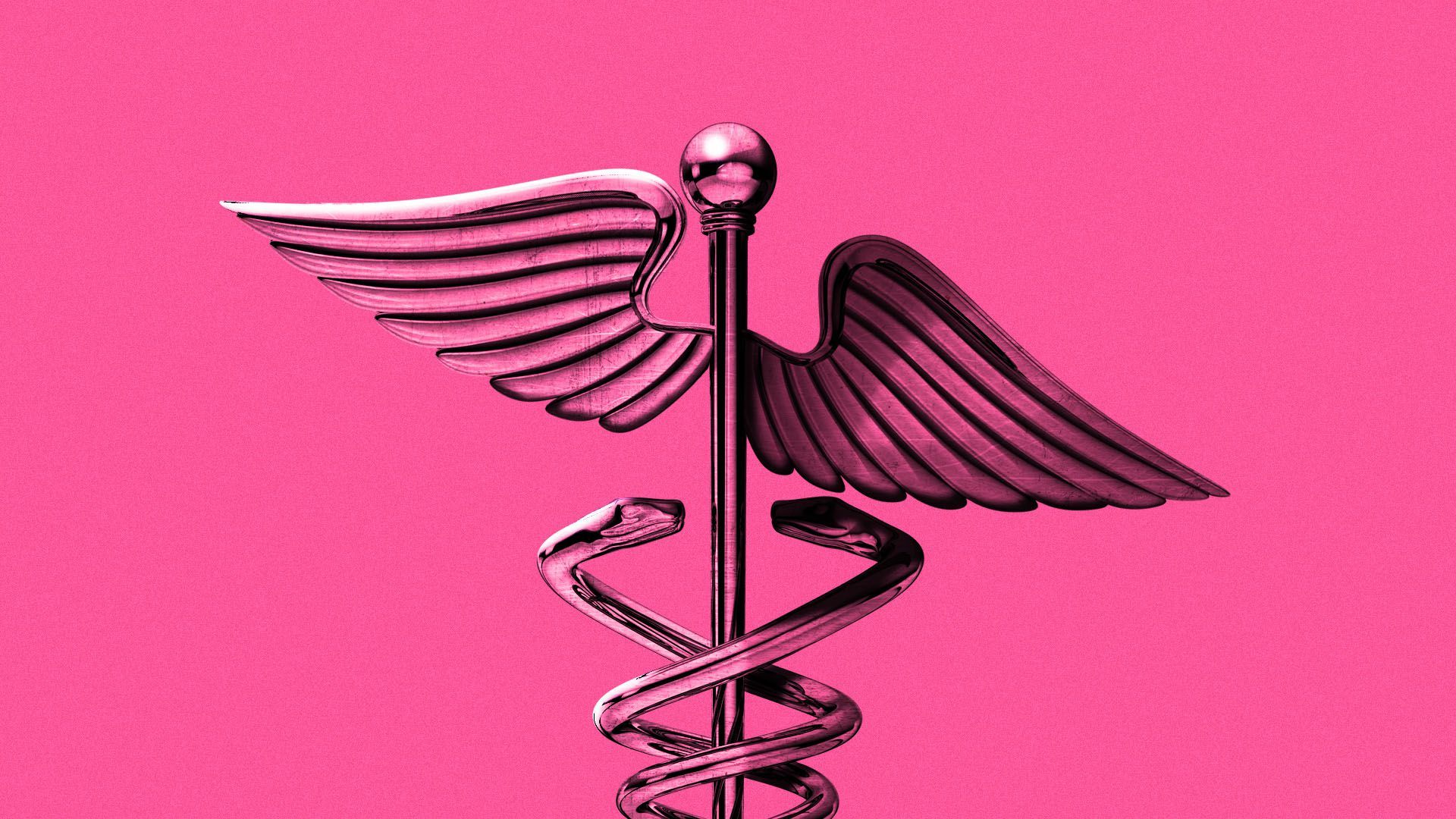

Half of women will get a false positive 3D mammogram, study finds
source link: https://www.axios.com/half-of-women-will-get-a-false-positive-3d-mammogram-study-finds-5caf02eb-e5d8-4216-82b1-ac83f36523b2.html
Go to the source link to view the article. You can view the picture content, updated content and better typesetting reading experience. If the link is broken, please click the button below to view the snapshot at that time.

Half of women will get a false positive 3D mammogram, study finds
Half of all women getting 3D mammograms will experience a false positive over a decade of annual screening, a study published Friday in JAMA Network Open found.
Why it matters: False positives — when a mammogram is flagged as abnormal, but there is no cancer — have always been a problem. But 3D mammography has been aggressively marketed by hospitals, doctors and some patient groups for its ability to provide higher image quality images — and previous studies have found they result in fewer false positives.
What they're saying: "Whenever you're called back for an additional workup, it's very stressful because women think they may have cancer," Diana Miglioretti, a lead author and professor and division chief of biostatistics at UC Davis Department of Public Health Sciences, told Axios.
- "Often it may take days to even weeks to get that resolved," she said. "The main thing is we want to alleviate women's anxiety over these false positives and understand they are very common."
The details: The researchers analyzed data from the Breast Cancer Surveillance Consortium on 3 million screening mammograms for more than 900,000 women ages 40–79. The screenings were performed between 2005 and 2018 at 126 radiology facilities.
- Researchers estimate over 10 years of getting 3D mammograms, 50% of women will experience at least one false-positive recall compared to 56% of women screened with 2D digital mammograms.
- Women with dense breasts or who were younger, as well as those who screened every year compared to once every two years, had a higher chance of a false positive.
Yes, and: Beyond the anxiety false positives cause, there are additional out-of-pocket costs for the follow-up diagnostic workups that can be problematic, Miglioretti pointed out.
What's next: It's still a work in progress, but researchers are working on AI that might better identify cancers in mammograms.
- Miglioretti's team is studying the risk factors for getting called back for more imaging.
- "If we can identify women, like younger women, women with dense breasts at higher risk of being recalled, we can have the radiologist read the mammogram while she waits so that she can get any additional workup that day. That greatly reduces women's anxiety because they don't get this call saying, 'We need you to come in for additional imaging,'" she said.
Recommend
About Joyk
Aggregate valuable and interesting links.
Joyk means Joy of geeK
